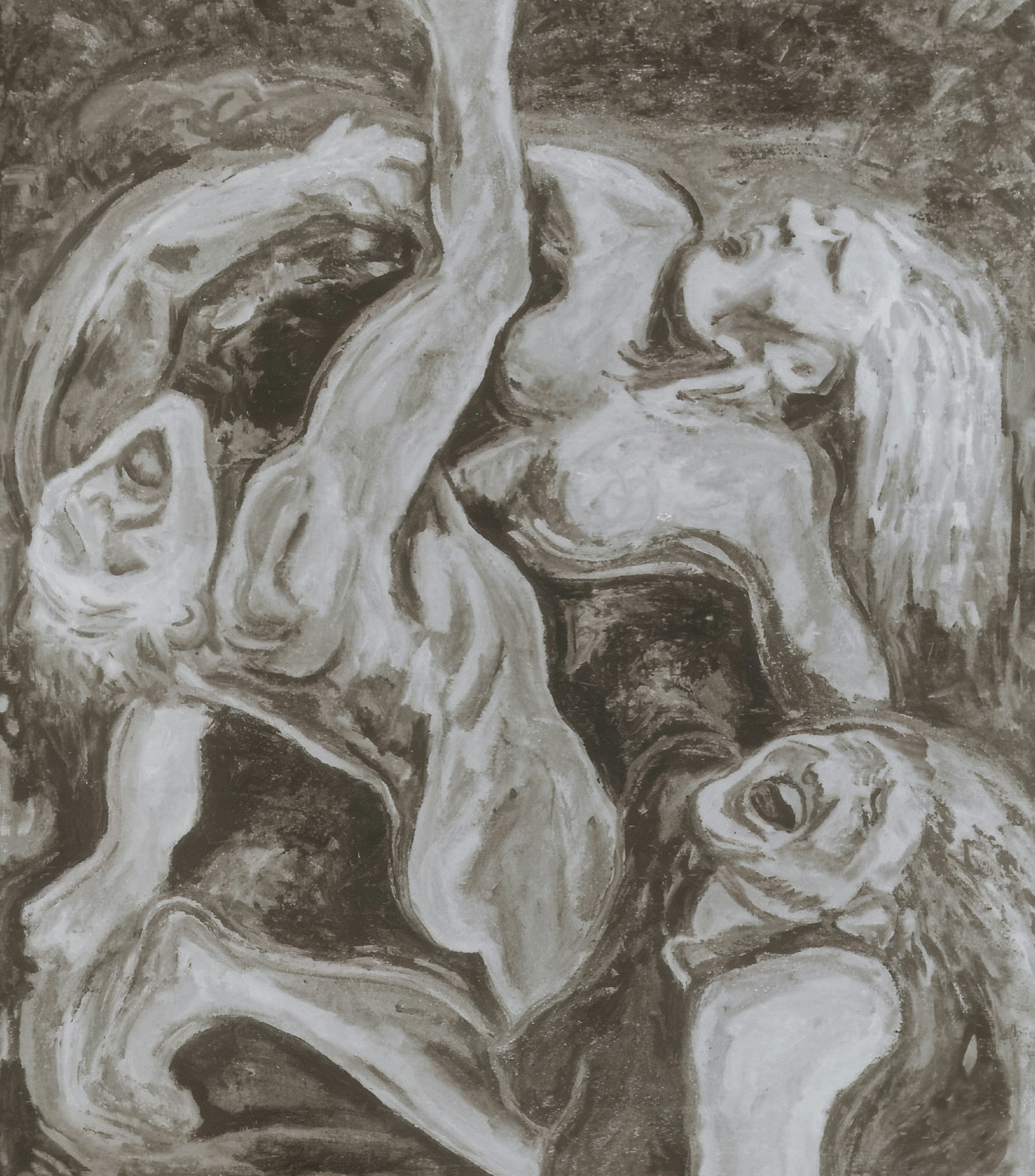Let’s get one thing straight: menopause isn’t just the magical moment when your periods peace out. Oh no. It’s like calling a tornado a “breezy day.” What most people call “menopause” is actually a bit of a hormonal mix-up. It’s not just one thing—it’s a whole journey, complete with plot twists, mood swings, and night sweats that could rival a tropical vacation.
Knowing the difference between perimenopause and menopause is key to understanding why your body suddenly feels like it’s auditioning for a role in a hormone-fueled telenovela.
So… What the Heck Is Perimenopause?
“Perimenopause” is Latin for “surprise, your hormones are drunk.” Okay, not literally, but it does mean “around menopause,” referring to the delightful (read: unpredictable) years before the real deal kicks in.
This phase can start in your 40s, or even your mid-30s if your body’s feeling spicy. It usually lasts about 4 years but can be shorter, longer, or just long enough to make you question every decision you’ve ever made.
What’s happening? Your ovaries are winding down production of estrogen and progesterone, but instead of a nice, smooth exit, they throw a rager. Your hormones spike, drop, then do a backflip. This means your menstrual cycle starts acting like a flaky friend—sometimes it shows up early, sometimes it ghosts you for months.
Classic Symptoms of Perimenopause (AKA: The Hormone Circus)
You may experience any (or all) of the following, often while holding a glass of wine and Googling “Is this normal?”:
- Hot flashes that feel like you’re being slow-roasted
- Night sweats (because waking up drenched is so fun)
- Brain fog so thick you forget why you walked into a room (again)
- Mood swings that rival toddler tantrums
- Vaginal dryness (who invited the sandpaper?)
- Decreased sex drive (or a sudden spike—because, again, hormones)
- Insomnia (even though you’re so tired)
- Bloating and weight gain that lands right on your belly like it paid rent
- Achy joints and mysterious headaches
- Hair doing its own thing, usually thinning or vanishing
And let’s be clear—not every woman gets the full bingo card of symptoms. Some skate through with a few changes, while others feel like they’ve entered a live-action biology experiment.
So Then… What Is Menopause?
Menopause is like New Year’s Day—but for your ovaries. It marks the official “no more periods” milestone, which is defined as 12 months in a row without one single period (and not because you’re pregnant, on meds, or cursed by an ancient goddess).
The average age for this hormonal mic drop is 51 or 52.
Once you’ve crossed this finish line, your ovaries go into full retirement, and you enter postmenopause—a phase where you may still experience symptoms like hot flashes or dryness, but usually with less chaos.
What’s Actually Going On in the Body?
Here’s a quick tour of the biological rollercoaster you’re riding:
Hormone Havoc
Estrogen and progesterone—the dynamic duo of your reproductive years—start ghosting you These two are responsible for your monthly cycle, moods, metabolism, sleep, skin, memory, and even how you metabolize that slice of cake. And let’s face it—your entire sense of being.
Reproductive Retirement
Your ovaries stop releasing eggs. Menstrual cycles go MIA. Fertility hits the off switch. And your uterus sends a farewell card.
The Symptom Parade
- Hot flashes & night sweats: Sudden heat that makes you question your life choices—and your thermostat.
- Sleep struggles: Either from anxiety, hormonal restlessness, or the need to pee… again.
- Mood swings & brain fog: One minute you’re laughing, the next you’re crying in the cereal aisle. And what was your coworker’s name again?
- Vaginal & sexual changes: Estrogen loss can dry things out down there. (But don’t worry—there are creams, lubes, and even lasers for that. We’re in the future.)
- Weight gain: Especially around the waist. That “menopause belly” is real, and your metabolism has decided to take a nap.
- Bone & heart health risks: Less estrogen = higher chance of osteoporosis and heart disease. Time to start lifting weights and eating your leafy greens like a boss.
Other plot twists include:
- Frequent peeing
- Urinary tract infections
- Hair thinning
- Dry, itchy skin
- Feeling like a totally different person and not remembering her name
Why Knowing the Difference Actually Matters
Understanding the difference between perimenopause and menopause means you’ll stop feeling like a medical mystery and start realizing you’re going through a totally natural transition.
The good news? You can manage a lot of the symptoms with lifestyle changes and the right support. We’re talking:
- Exercise (your future bones will thank you)
- A balanced, nutrient-rich diet (but yes, chocolate still counts)
- Sleep (or trying really hard to get it)
- Stress management (yoga, deep breathing, or primal screaming—your choice)
And most importantly, talk to your doctor. Don’t suffer in silence. Your symptoms are real, your sanity matters, and no, you’re not “just being dramatic.”
TL;DR (Too Long; Didn’t Read)?
- Perimenopause = the years of hormonal mayhem leading up to menopause (welcome to the jungle).
- Menopause = 12 straight months without a period. Your ovaries have clocked out.
- Both = a wild ride through body changes, emotional shifts, and rediscovery—but with knowledge and support, you’ve got this.
Final Words
So go ahead, embrace the hot flashes, rock the mood swings, and remember: you’re not losing your mind—you’re gaining wisdom, power, and maybe a little extra belly fluff.
It’s not the end. It’s the glorious, sweaty, transformative beginning of your next chapter.

